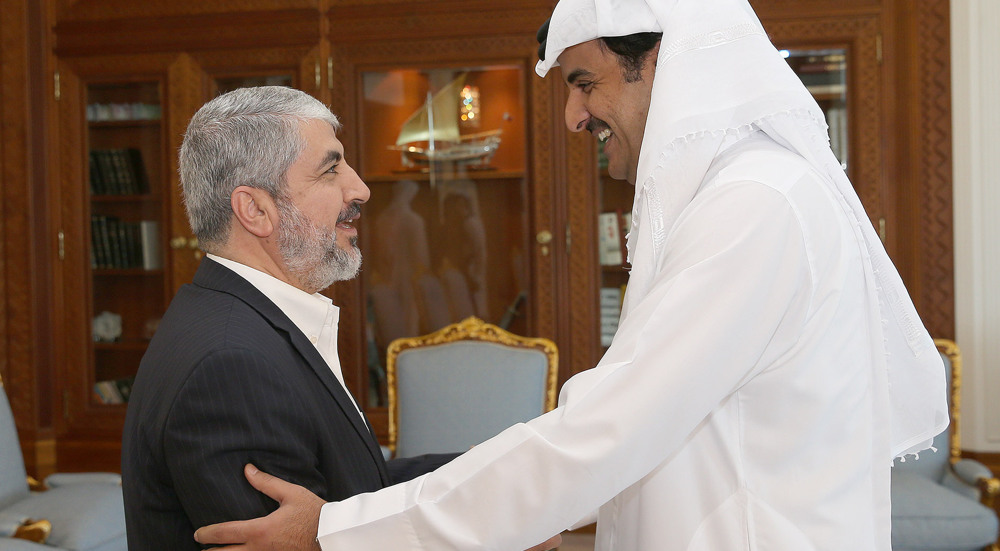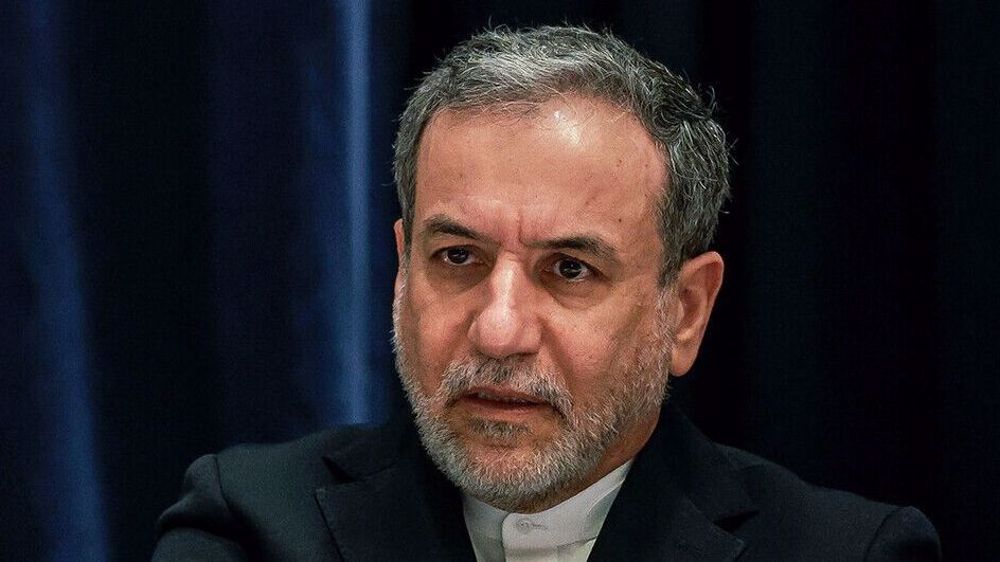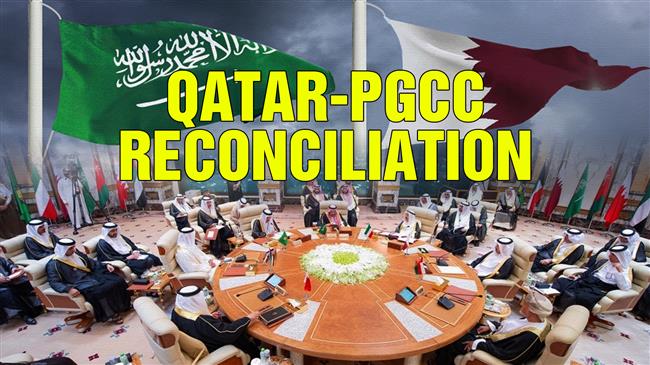Qatar to maintain ties with Iran, Turkey despite Saudi reconciliation
Qatar has reaffirmed the importance of maintaining its relations with Iran and Turkey, despite its plan to reconcile with Saudi Arabia and its regional allies, which urged Doha to downgrade its ties with Tehran.
In an interview with the Financial Times on Thursday Foreign Minister Sheikh Mohammed bin Abdulrahman al-Thani asserted that Doha’s relations with Iran and Turkey will not be affected by a recent reconciliation agreement with the Saudis, the United Arab Emirates (UAE), Bahrain, and Egypt.
The northwestern Saudi city of al-Ula on Tuesday hosted a meeting of the Persian Gulf Cooperation Council (GCC), in a bid to secure resumption of diplomatic relations between the kingdom, the United Arab Emirates, Bahrain, and Egypt on the one side, and Qatar on the other.
The quartet severed ties with Qatar in 2017, faulting Doha’s favorable stance towards Iran, accusing it of supporting “terrorism” due to its backing of Egypt’s Muslim Brotherhood and the Palestinian resistance movement, Hamas, while claiming that Doha was sowing regional instability.
They called on Doha to downgrade its ties with Tehran and cease its support for the Islamic groups, a well as other excessive demands, which Qatar rejected as an attack on its sovereignty.
"Bilateral relationships are mainly driven by a sovereign decision of the country... [and] the national interest," said the Qatari top diplomat Thursday.
"So, there is no effect on our relationship with any other country,” he added.
Iranian Foreign Minister Mohammad Javad Zarif congratulated Qatar “for the success of its brave resistance to pressure & extortion.”
He also said in a message to other Arab leaders that “Iran is neither an enemy nor a threat — especially with your reckless patron on his way out,” referring to US President Donald Trump.
Sheikh Mohammed also said, "Each country has a different set of disagreements with Qatar" and hoped the other countries "will have the same political will as the Saudis, and they will find Qatar has [the] political will to engage.”
“It will take some steps among the countries to rebuild the relationship... there will be differences, some outstanding issues that will be discussed bilaterally between the countries," he added.
Chairing the Tuesday meeting, Saudi Crown Prince Mohammed bin Salman said Persian Gulf states had reached a “solidarity and stability” agreement that had closed all preexisting rifts.
He also reiterated Riyadh’s accusations against Iran, saying that they “need to unite our efforts to advance our region and confront the challenges that surround us, particularly the threats posed by the Iranian regime.”
Bin Salman urged the regional council to stand against Iran’s nuclear and ballistic missile programs as well as what he called “destructive sabotage projects.”
Observers say the Saudi royal tries to regularly demonize Iran in order to deflect attention from his own grave human rights violations, including overseeing a hugely deadly war on Yemen since 2015, his widely-reported ordering of the 2018 assassination of dissident journalist Jamal Khashoggi, and an ongoing crackdown against the kingdom’s Shia minority and oppositionists.
VIDEO | COP29: another climate failure?
ICC issues arrest warrants for Netanyahu, Gallant for war crimes
Israeli strikes kill 88 Palestinians in northern Gaza
American voters plainly rejected complicity in Gaza genocide: Iran FM spox
ICC should issue more arrest warrants for Israeli authorities over Gaza genocide: UN expert
Israel using AI weapons co-produced by India in Gaza genocide: Report
Israel issues new evacuation orders, shortly launches strikes on southern Lebanon
VIDEO | Press TV's news headlines













 This makes it easy to access the Press TV website
This makes it easy to access the Press TV website